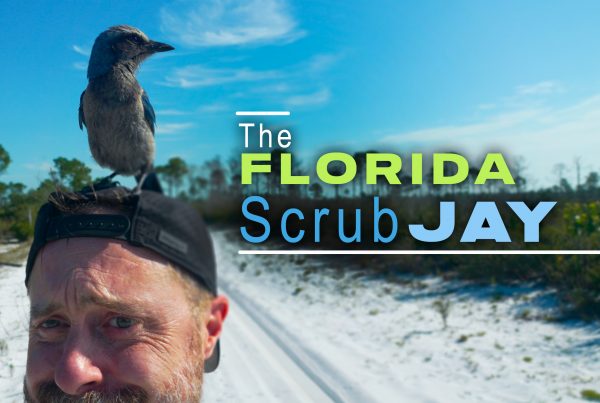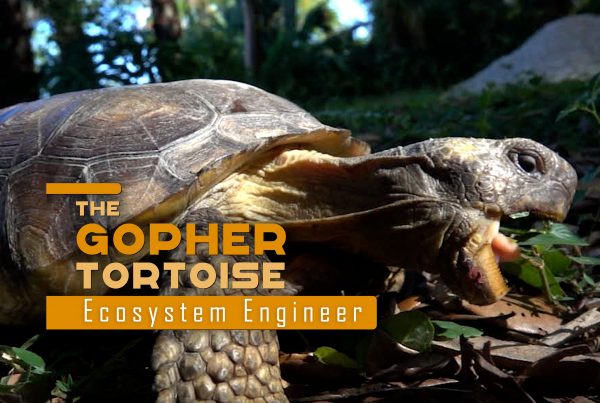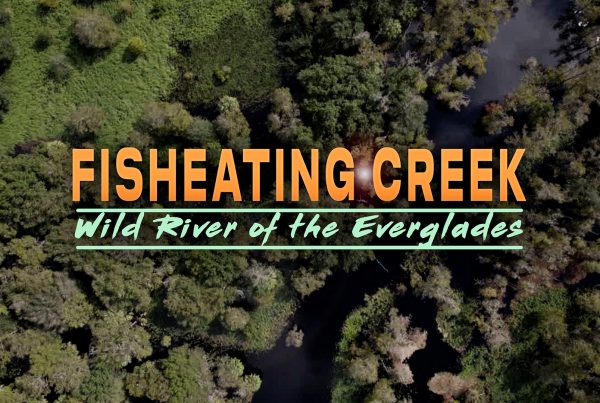D. Paul Reillo and the Rare Species Conservatory Foundation are trying to save the planet, with the help of a few rock-star animals!
There are countless ecosystems around this planet that are threatened by human activity such as pollution and deforestation. Do some research, choose one and select a plant or animal that best represents that ecosystem…the “flagship species”. Now it’s time to get creative!
Your flagship species will be running for “president” of its ecosystem. Your job is to design a “political campaign” for your flagship species. Come up with a catchy slogan and create a poster.
Finally, write a speech about why your ecosystem is so great, what are the problems it is facing, what can be done about those problems and why your flagship species is the best candidate for the job.
For more information on how to do your part to save the world’s species, visit www.rarespecies.org
Flagship Species
“Conservation now is all about making those conscious decisions about what’s most important to us, and how we’re going to save it.”
We live on an amazing planet, during a critical time in history. The problem is we’ve built a fast food, disposable culture with over 7 billion people scrambling for the same resources.
“We’re living in an age of novel biological disaster. We’re losing species faster than we’ve ever lost them and we’re doing so at the hands of humankind.”
So here’s the question again: “What is most important to us, and how are we going to save it?
Let’s go out on a limb here. We don’t need mega-yachts and McMansions to survive. We do need a healthy planet. Fortunately there are people who think the Earth is worth saving. Meet Dr. Paul Reillo. He’s the founder and president of the Rare Species Conservatory Foundation, an exciting organization based right here in South Florida. Dr. Reillo might be a local, but his work is making a global impact.
“The RSCF is a nonprofit organization that also functions as an international NGO and our primary mission is to utilize flagship species…those species that represent, that epitomize, that leverage protection for critical ecosystems.”
Now meet Ninita. She’s a pygmy marmoset: the tiniest monkey in the world. Born deaf and rejected by her parents, Ninita had to be hand reared by human surrogates. She might be small, but she’s part of a much bigger picture. Take a tour of the conservatory and you’ll also find golden lion tamarins, red-browed amazon parrots…even mountain bongos, not what you would expect to see in a cypress swamp in Loxahatchee, Florida. Don’t get the wrong idea: this is not a zoo, a pet factory or a private animal collection. This is a wildlife recovery program. Most of these animals will get a one-way ticket back to their native lands. One thing these creatures have in common? They’re famous! These are what we call “flagship species”- species that can fire up our imaginations and capture our hearts; species that act as ambassadors for their native habitats.
“It is important to mention that just because an animal is cute or attractive or has a funny behavior, doesn’t mean that many other species aren’t as equally deserving. In fact, a true flagship species should be important to us because it leverages protection of all those “unimportant” species, all those species that otherwise would get no attention whatsoever.”
Let’s face it: we’re more likely to care about the plight of a monkey than a mushroom or a millipede. But here’s the thing: If you can convince people that in order to save the monkey, they need to protect the forest….well you’ve managed to protect the mushrooms, millipedes, migratory birds, mountain streams, minerals and every other good natural thing that lives there.
And that’s Dr. Reillo’s ultimate goal. Save the planet as a whole, with the help of a few rock-star animals. In 2000, the Caribbean island nation of Dominica established the first national park of the new millennium. Morne Diablotin National Park is home to the Sisserou parrot. The Sisserou, aka the “Imperial Amazon,” is the largest member of the genus Amazona, and is only found on the island of Dominica. With only a few hundred left in the wild, it is also one of the most critically endangered birds in the world.
“In Dominica, the Imperial parrot is the flagship species for the country because it’s on the flag and everyone in the country knows that this famously rare bird represents Dominica and represents the natural history of this very vibrant country. But moreover, because it’s so significant culturally, politically and ecologically, it stimulates protection of the vast Montain rainforest system that is home to over 1600 species of plants, over 175 species of birds and countless other important species, many of which are still being documented.”
By leveraging the popularity and good looks of this national symbol, an entire habitat is now being protected.
This is a great success story but elsewhere, things aren’t going so well.
“In the last 2 months, Mozambique lost all of its rhinos. We’re losing the forest elephant. In the last 10 years we’ve lost over 60% of the forest elephants of Africa. This kind of slaughter is not for utilization in any practical or sustainable way.”
Habitat loss and the pet trade have been equally disastrous. For many animals, especially parrots and primates, the “cute factor” has lead to exploitation. The bottom line is that greed is a powerful enemy. It doesn’t have to be this way, but Dr. Reillo and the RSCF can’t win the fight alone.
“Not everyone can be a conservation biologist, not everyone can be a research zoologist, but we can all do our part to help benefit this planet and I think the personal dedication to do that comes from within each of us, it’s something we have to look at very carefully and honestly, and it’s a commitment that I think ultimately is going to determine whether our species rises to the call and makes a difference to save this planet or we simply are the excuse for why we didn’t, we’re going to be the reason why we failed.”
Coming soon




